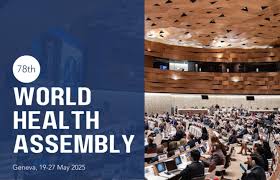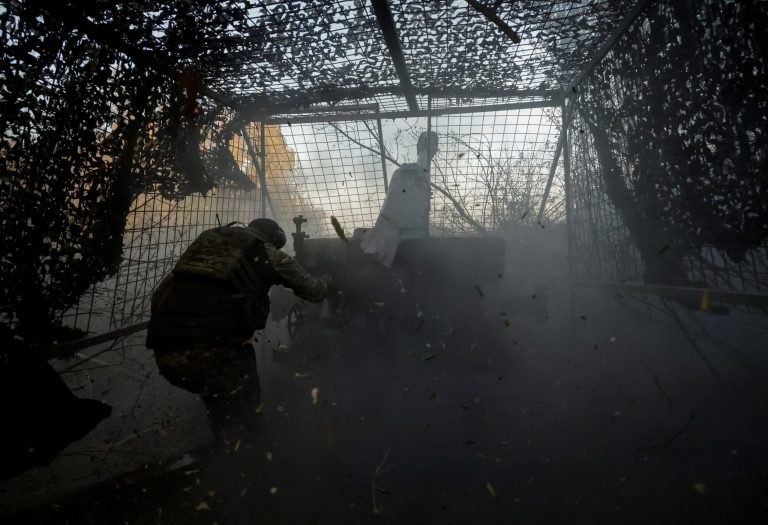
At the Seventy-eighth World Health Assembly, held from 19 to 27 May 2025, member states and global health partners renewed calls for stronger action against vaccine-preventable diseases, including cervical cancer, measles, meningitis, polio, and rubella. Through formal agenda items and high-level side events, participants pushed to accelerate global immunization efforts and prevent future outbreaks.
Discussions on immunization opened with a high-level side event titled “Outsmarting Outbreaks: Innovation, Integration & Investment,” hosted by Chile, the Democratic Republic of the Congo, Madagascar, Niger, Somalia, and Zambia. The event was supported by the Bill & Melinda Gates Foundation, the United Nations Foundation, and other global partners.
Speakers highlighted the resurgence of measles, cholera, and polio amid conflict, climate pressures, and strained health systems. They urged countries to protect immunization gains, complete polio eradication, and strengthen preparedness for future health threats.
Participants shared both successes and challenges from countries grappling with simultaneous outbreaks. They underscored the need for:
-
Stronger routine immunization systems
-
Cross-sector partnerships
-
Innovative surveillance tools, including wastewater monitoring, digital disease modeling, and electronic immunization registries in low-resource settings
The discussions also promoted a “SMART” approach to collaboration — strategic, measurable, aligned, resilient, and timely — and showcased tools like the AI-powered All Hazard Information Management Toolkit, designed to enhance rapid response capabilities.
The event concluded with a call to action urging countries and partners to:
-
Sustain investment in immunization programmes
-
Build vaccine trust through community engagement
-
Strengthen pandemic preparedness via improved surveillance
Under agenda item 13.4, Member States from all six WHO regions reviewed the progress report on the Global Road Map to Defeat Meningitis by 2030 and reaffirmed their commitment to its goals.
Delegates welcomed the WHO’s new guidelines on meningitis diagnosis, treatment, and care, as well as the rollout of new vaccines, including Men5CV, in high-burden countries. They commended the dedication of national leaders, partners, civil society organizations, and WHO teams working to achieve the road map’s objectives.
However, challenges remain. Delegates highlighted:
-
Vaccine affordability and equitable access
-
Shortages of trained healthcare personnel
-
Limited laboratory capacity
-
Gaps in surveillance and early detection systems
Countries called for technical and financial support, emergency vaccine stockpiles, research and innovation, community engagement, and rehabilitation services for affected patients.
Meningitis control was further explored in a joint side event hosted by Mali, Nigeria, and Pakistan, alongside Gavi, the Vaccine Alliance. Discussions focused on integrating solutions for malaria, meningitis, and polio to maximize resources and improve health service delivery across communities.



